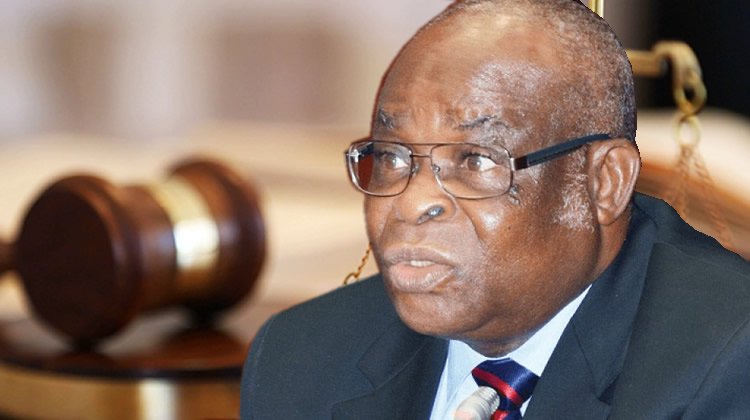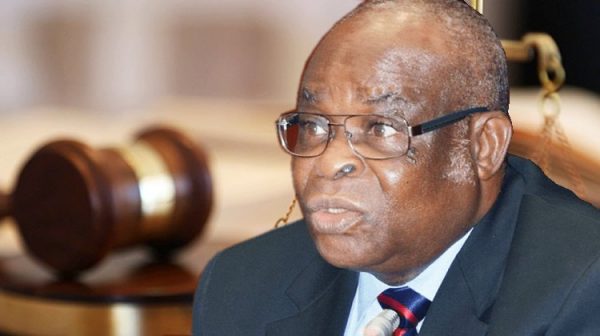What began as a seeming innocent investigation has finally had its toll marked as a calculated takedown. Since a litany of allegations against the Chief Justice of Nigeria, Hon. Justice Walter Onnoghen, which began in January, there has been an equal amount of analysis per the short and long term implications of the assault on due process by legal pundits and analysts.
The National Judicial Council (NJC) handles disciplinary issues of judicial officers, and so at some point had to take over presiding upon the petition forwarded to the body by Anti-Corruption and Research-Based Data Initiative (ARDI). Onnoghen had to recuse himself from the NJC sittings while Former President of the Court of Appeal, Justice Umaru Abdullahi (Rtd) took interim leadership of the sitting. Hon. Justice Tanko Mohammed, who is next in line to the suspended CJN Onnoghen, and who got appointed hurriedly as the Acting CJN after Onnoghen was suspended also could not sit on the NJC panel due to a conflict of interests.
But since the time the NJC started sitting on the two petitions against Walter Onnoghen and Tanko Mohammed, there have been hints from the public as to the credibility and neutrality of the appointed interim head of the NJC, Umaru Abdullahi. It has been in public knowledge for a while now, that Umaru Abdullahi was a classmate of President Buhari in secondary school.
The question now is, can a friend to President Buhari truly deliver on such a controversial matter which the President is known to have
Just this Monday, April 1st, Onnoghen’s lawyer, Adegboyega Awomolo (SAN), closed his defence after calling one witness at the ongoing trial for false declaration of assets at the Code of Conduct Tribunal (CCT). The prosecution, which was led by the Federal Government, struggled to prove beyond reasonable doubt the credibility of the allegations that Onnoghen had to plead a no-case submission after the prosecution had presented their case. Now, with Onnoghen’s defence concluded and as demanded by the Danladi Umar led CCT, the Nigerian public and international community await the ruling by the Code of Conduct Tribunal.
According to Section 292 (1) of the 1999 constitution, “a judicial officer shall not be removed from his office or appointment before his age of retirement except in the following circumstances – (a) in the case of – (i) Chief Justice of Nigeria… by the President acting on an address supported by two-thirds majority of the Senate.”
If the executive arm of government abiding by the constitution is to be taken seriously, it would mean that the NJC’s recommendation for Walter Onnoghen to be retired with full benefits and for Tanko Mohammed to be sworn in as the substantive CJN is still subject to the ratification of two-thirds of the Senate.
In realization that this has turned into a media trial of the CJN, Walter Onnoghen, commissioned that his submission to the NJC panel, through his lawyers, be published in the dailies so that Nigerians could have a fair share of his own defense.
Walter Onnoghen may have lost grounds with the NJC at present. All he has left is that the sanctity of the law
Featured image source: Daily Post Nigeria


